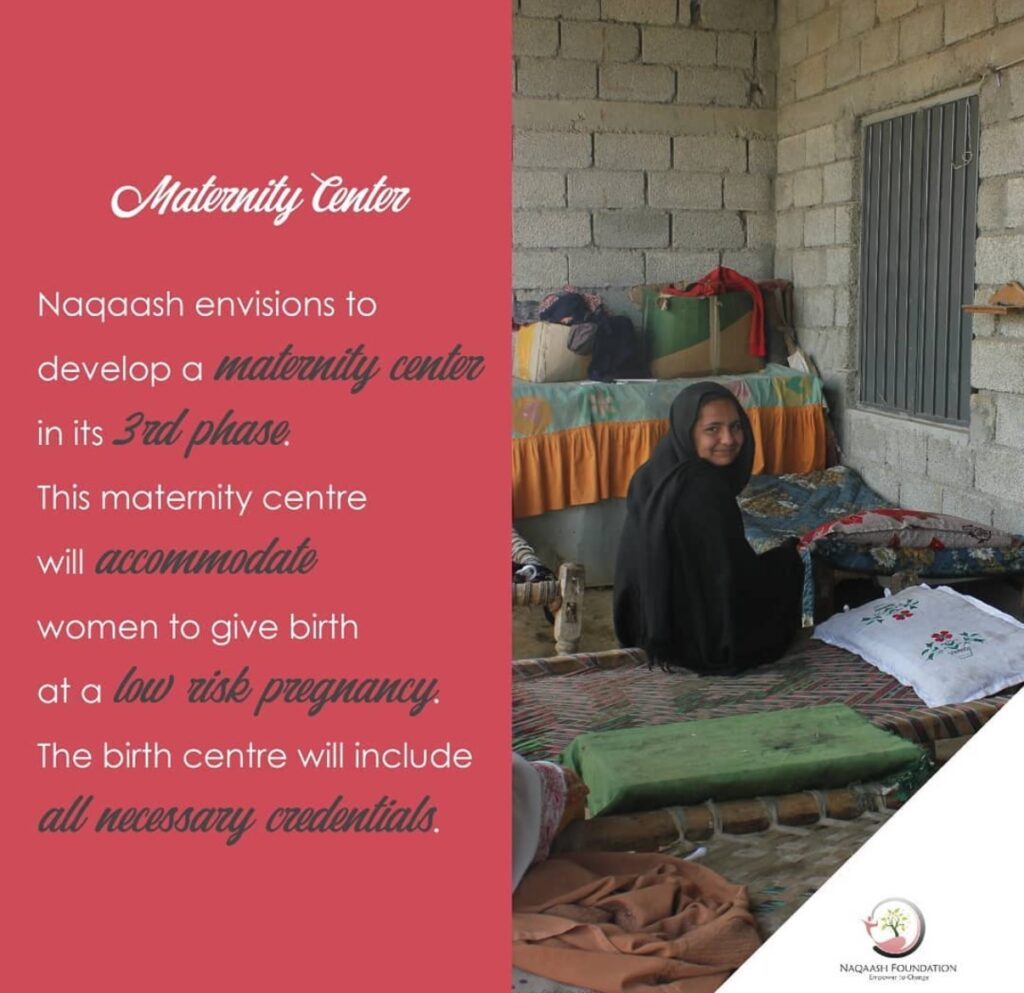
Introduction
Women’s health includes a wide gamut of physical, mental, and reproductive health problems. Essentially, women’s health is a non-negotiable prerequisite of overall societal well-being and national progress. In Pakistan, although considerable strides have been taken in this regard, the lack of quality healthcare remains one of the biggest deterrents for women.
The State of Women’s Health in Pakistan
Pakistan, like other developing countries, suffers from severe health inequalities among women. Though the maternal mortality rate has decreased, it is still at an alarming level. Malnutrition also persists, mainly concerning women and children. In general, access to basic healthcare services in rural regions is minimal.
Challenges Facing Women in Healthcare Delivery
Several factors are contributing to making access to healthcare a hassle for women:
The main cultural barriers are historically and culturally determined that repress female mobility and autonomy to take decisions, thereby diminishing the ability to seek medical attentions.
Economic Factors : Economic disparity effects a patient’s ability to access quality care, especially when concerned about the woman coming from marginalized backgrounds .
Ignorance : Women are ignorant of preventive healthcare, reproductive health, and mental health care.
Poor Health Infrastructure: Lack of health facilities, especially in rural areas, is an added issue to the problem.
Significance of Women Health
Women’s health is directly associated with family and community’s health. Healthy women will have healthy children, contribute fully to the economy, and participate fully in society. Investment in women’s health is not only the moral responsibility but a strategic investment in future lives.
Strategies to Enhance Women’s Health
To eradicate the problems and enhance women’s health gains, there are several strategies that include:
Education: Educating women as well as other community members enhances the knowledge base about health, reproductive rights, and family planning.
Maternal and Child Care Services: Improve access to high quality maternal and child care services like antenatal care, postnatal care, as well as immunization.
Promotion of Mental Health: A consideration for mental illness, depression, and anxiety is very important for the well-being of women.
Increasing easy access to affordable health care. This can be done through initiatives undertaken by the government and private partners.
Organisational Role in Promoting Women’s Health
Non-governmental organizations like the Naqaash Foundation establish health camps that are free of cost, and programs are undertaken for reproductive health-related workshops, mental health support programs, etc. All such activities empower a woman to act in a proactive manner to take proper health care decisions on time.
There are hundreds of examples explaining how women’s health initiatives have effectively produced successful outcomes. For instance, it is confirmed that the maternal mortality rate and child health outcomes in the rural areas are improved by these community-based interventions. It not only helps women to gain control over their health but also increase the family’s quality of life.
To ensure a healthier tomorrow in Pakistan, we need:
Support women’s health organizations by giving to NGOs fighting for improving health for women and committing time to their cause.
Advocacy for policy change: Opinion providers in national budgets should be convinced to prioritize women’s health and implement policies that enhance gender equality and entry to healthcare.
Raise awareness: Use social media to circulate information relating to women’s health issues and ignite discussions.
Improving health outcomes in women is not just a humanitarian goal; rather, it also possesses strategic importance. Addressing the problems and investing in health for women can help create a stronger, healthier, and more prosperous Pakistan. So let us work together to empower women and ensure they have an opportunity to live a healthy, quality life.
